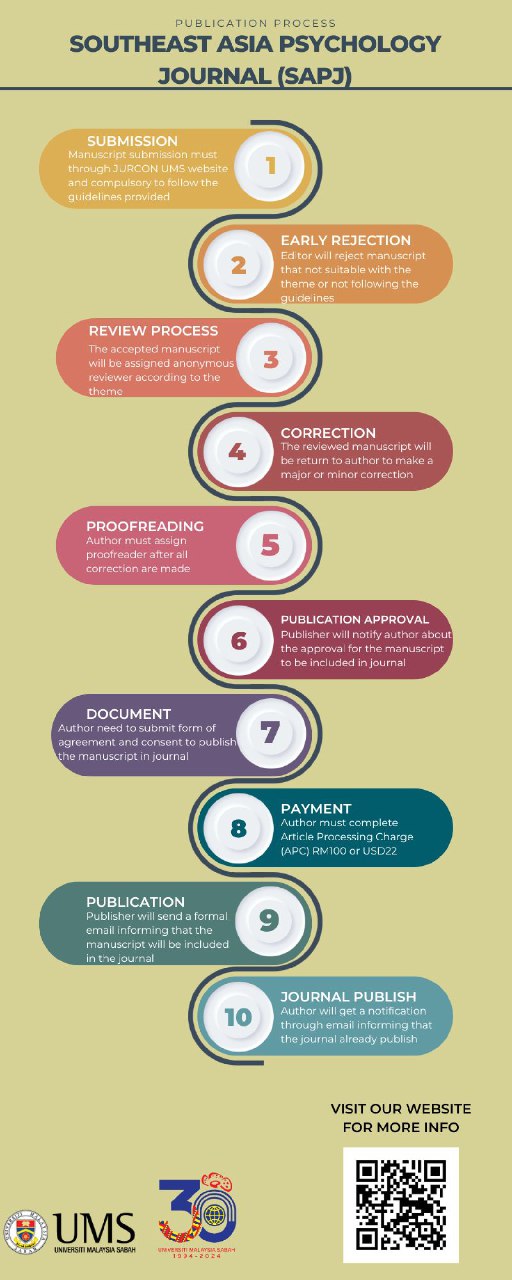THE EFFECT OF JOB INSECURITY TO TURNOVER INTENTION OF OUTSOURCE EMPLOYEES AT PT. X
DOI:
https://doi.org/10.51200/sapj.v8i1.5120Keywords:
Job Insecurity, Turnover Intention, Outsource EmployeesAbstract
This study is entitled The Effect of Job Insecurity to Turnover Intention of Employees at PT. X. This research was intended to identify and analyze the influence of Job Insecurity partially and simultaneously to Turnover Intention of Outsource Employees at PT. X. The population in this research was outsource employees of the PT X as many as 299 people. Measuring Turnover Intention using Mobley turnover intention scale and job insecurity using Ashford et al. This research uses a simple linear regression analysis to test whether there is an effect Job Insecurity to the Turnover Intension. The results showed that Job Insecurity very significant influence on turnover intention in outsource employees at PT. X.
References
Aamodt, M. G. (2010). Industrial/ Organizational Psychology: An Appied Approach. Sixth Edition. USA : Wadsworth Cencange Learning.
Ashford, S. J., Lee, C., & Bobko, P. (1989). Content, causes, and consequences of Job Insecurity: A theory-based measure and substantive test. Academy of Management Journal, 32(4), 803829.
Burchell, dkk (1999) Job Insecurity and work intensification: Flexibility and the changing boundaries of work. Joseph Rowntree Foundation Work and Opportunity Series, 11. New York: Joseph Rowntree Foundation.
Chandra Suwondo. (2004). Outsourcing Implementasi di Indonesia. Jakarta: PT. Elex Media Komputindo
Choiril, Nur. (2011). Pengaruh Komitmen Organisasi Dan Job Insecurit Terhadap Turnover Intentions Karyawan Di Bintang Mulia Hotel
Jember. Fakultas Ekonomi, Universitas Jember. Skripsi (Dipublikasikan).
Damanik. (2006). Outsourcing dan Perjanjian Kerja Menurut Undang Undang Nomor 11 tahun 2003 tentang Ketenagakerjaan. Jakarta:
DSS Publishing
De Witte, H., & Näswall, K. (2003). Objective versus subjective job insecurity: Consequences of temporary work for job satisfaction and organizational commitment in four European countries. Economic and Industrial Democracy, 24(2), 149-188.








